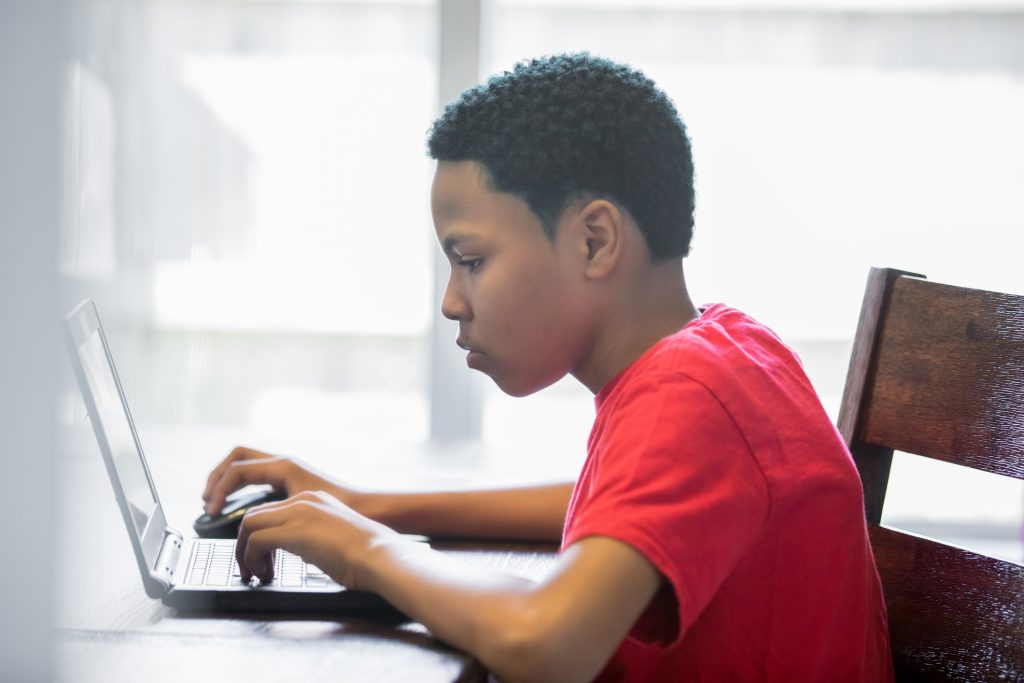social mediaAll our Privacy Parent articles about or related to the potential issues of social media.
All our Privacy Parent articles about or related to the potential issues of social media.
December 15th, 2020
If you’re going to use Instagram, be smart about it and take control. Setting your account to “Private” restricts who can see your posts. Dig a little deeper into the app’s “settings” to limit the amount of personal information the harvests from your posts and control, somewhat, the ads you see. You’ll end up with a safer, more private account that sheds a bit less data from Instagram, Facebook and their advertisers to collect.
... Continue reading >
December 2nd, 2020
Facebook is following you more closely than you thought. A little-known tool called Centra allows the company to track your online behavior well beyond the confines of its platform.
Your activity on Facebook, including what articles you read and videos you share with friends and family is of great interest to large organizations, from advertisers to political campaigns. That much is, by now, common knowledge. But recent testimony on Capitol Hill indicates Facebook’s…... Continue reading >
October 16th, 2020
You don’t need to be a privacy fanatic to see the problems with letting a camera-equipped drone fly around your house, feeding video to your phone (and the cloud) as it buzzes from room to room. Amazon is betting you won’t care. You should. It’s a privacy disaster.
In case you haven’t heard, earlier this fall Amazon introduced the Ring Always Home Cam, a small drone that acts as an all-seeing eye as…... Continue reading >
July 22nd, 2020
Is it a good idea sign in to other websites with your Facebook or Google accounts? Some say it’s safe, some say it’s not. It’s certainly convenient. Still, is it a good idea? We say a better idea is to bolster your passwords or use a password manager.
The Good
The Sign In With Facebook/Google system saves you time and spares you the chore of creating a new…... Continue reading >
May 28th, 2020
Many parents today became adults during the advent of social media, sharing and oversharing personal information and photos. Platforms like Facebook and Instagram are so familiar to them, they overshare photos of their children, too, without pausing to think of the dangers.
Know the Risks
There are several risks that parents should be aware of when posting images of their children or sharing anecdotes about their personal lives online. These…... Continue reading >
March 28th, 2020
With schools closed for the foreseeable future, your kids
will be spending more time online than ever, completing school assignments
remotely, playing games and staying in touch with friends. It will be largely
up to you to keep them safe. Seekadoo, a kid-friendly search engine, can help.
Install it on your kids’ device for free and know their searches won’t lead them to wildly inappropriate results. You can download Seekadoo here.
Seekadoo is…... Continue reading >
March 13th, 2020
Following are seven simple steps you can take to improve your digital security. Protecting yourself can seem impossibly complicated. It doesn’t have to be. These are steps you can take today to defend your privacy and improve your security. They’re simple and effective. Let’s go.
1) Get off social media. The less you “share,” the more secure you’ll be. Even private accounts aren’t really private: What’s stopping a follower from taking a screen shot…... Continue reading >
November 13th, 2019
Instagram is experimenting with likes—specifically, it’s testing what happens when it switches off public “like” tallies. Other tech companies, Twitter and Facebook among them, are launching similar assessments. According to Axios: “Responding to public clamor and media criticism, social media companies are trying to move away from engagement at all costs and towards a healthier experience. That means they’re also stepping into a more unpredictable future for their own bottom lines and those of businesses…... Continue reading >
October 30th, 2019
There’s almost always a semi-secret way to sneak into a website’s off-limits areas, and very often, your kids know about it before you do. This goes for age-restricted content on YouTube, too.
Elsewhere on this site, we’ve covered the use of VPNs to breach firewalls and masking apps that disguise the programs a smartphone is running. Here’s another deceptive—and surprisingly simple—trick parents ought to know about: adding the letters NSFW to…... Continue reading >












